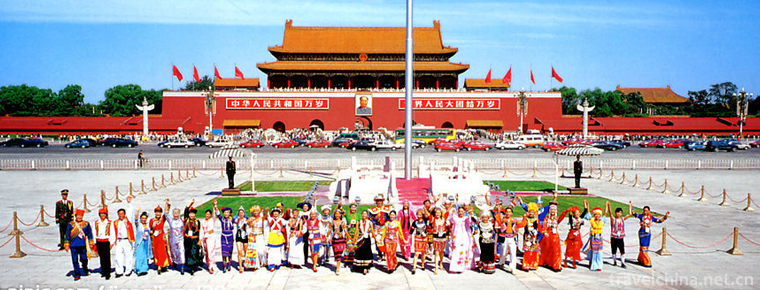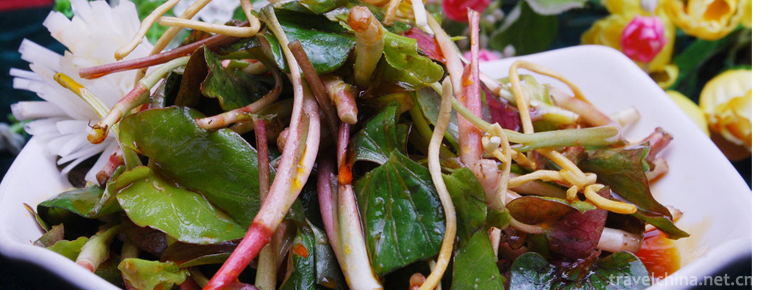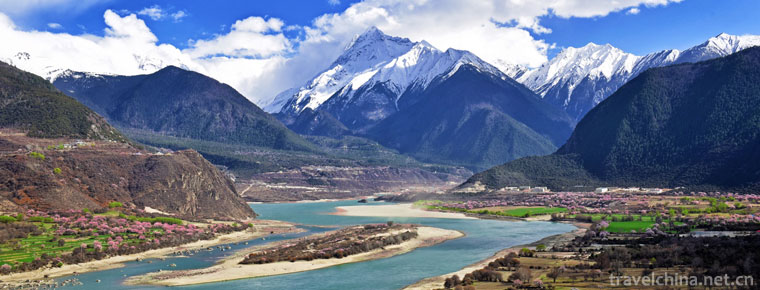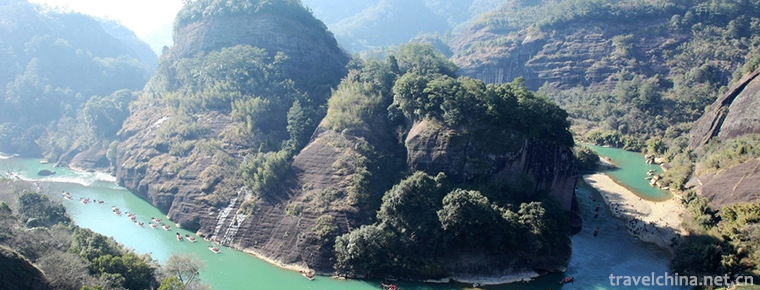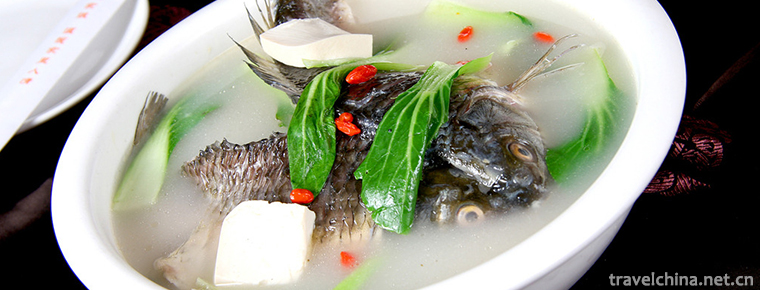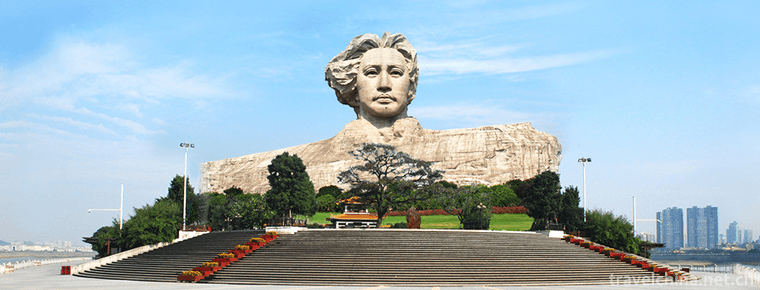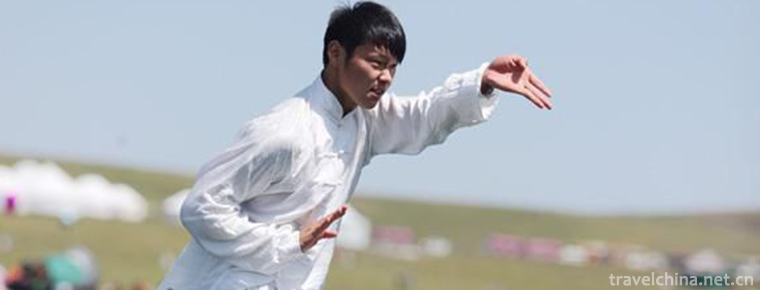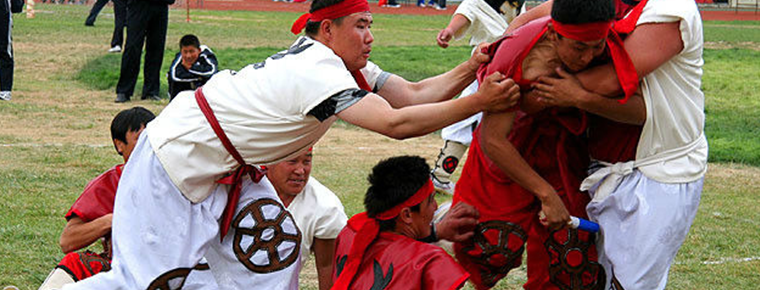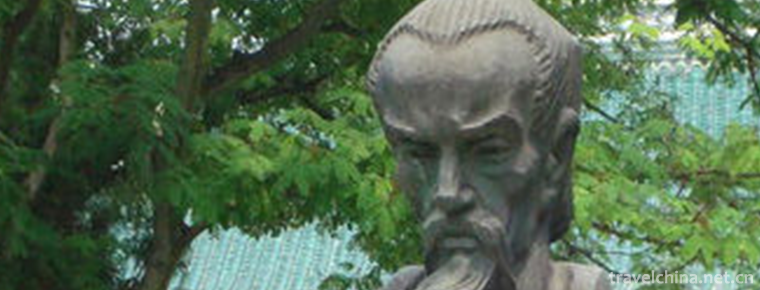Shangdang Laozi
Shangdang Laozi
Shangdang Laozi is one of Shanxi local operas. It is a kind of opera popular in southeastern Shanxi. Shangdang Laozi is a tributary of Wu'an Laozi in Hebei Province. During the Daoguang period of the Qing Dynasty, Wu'an Laozi flowed into Licheng. After that, it merged with local languages and folk songs and gradually developed into a kind of opera with Shangdang's local style. In the course of development, different classes were influenced by Shangdang Bangzi and Puzhou Bangzi respectively, so during the Qing Guangxu period, Shangdang Laozi formed two art schools, the South Road and the West Road. The latter two schools drew lessons from each other and gradually unified their styles.
On June 7, 2008, Shangdang Laozi, declared by Lucheng and Licheng Counties in Shanxi Province, was listed in the second batch of national intangible cultural heritage lists with the approval of the State Council.
Heritage serial number: 699 IV-98.
historical origin
The falling son of Shangdang originated from Wu'an falling son of Hebei Province. During the reign of Qingdaoguang, folk songs and Shangdang Bangzi's artistic nutrition were absorbed and formed.
During the Tongzhi period of the Qing Dynasty, a righteous class was organized in Luhe Village, Lucheng County, and the "beating dike circle" was put on the stage. After Shangdang Laozi moved to the stage, in order to compete with Shangdang Bangzi for audiences, Wang Sihu (also known as Han Baotai) was invited to teach in Guangxu Decade (1884) from Hebei Province for many years, which enabled Li Chenglaozi to develop both in content and form, from performing only minor folk life plays to performing major Dynasty plays.
In the 28th year of Guangxu (1901), artist Wang Sanhe brought Pu Opera performing skills back to Shangdang area, and absorbed Wu Opera skills such as "Sanchakou" of Hebei Bangzi, which enriched the opera items and improved the music singing and performing arts. His activities were extended to most parts of Shangdang and Linfen, Taiyuan, Ruicheng, Yongji, Yonghe, Daning, Shexian, Wu'an, Cixian and Hehe. Nanlin County, Yanchuan, Shaanxi Province and other places. From Guangxu 28 (1902) to the Republic of China 24 (1935), there were more than 20 class societies in Licheng, Lucheng, Huguan, eldest son, Tunliu and southern Shanxi, such as Catching Classes, Xingsheng Classes and Pingsheng Classes. More than 100 performances were frequently performed and the types of plays were flourishing.
During the 27 years of the Republic of China (1938), Wang Congwen organized performers in Licheng to compile new plays reflecting the life of the anti-Japanese struggle and put forward plans for the reform of drama to the superior leaders. In the 28 years of the Republic of China, with the support of Rong Wusheng (Rongzi), Commissioner of Shanxi Five Commissioners'Office, and Wang Xingrang, head of the Central District of Ruling by the President of Yimeng League, an anti-Japanese theatre troupe was established, which mainly produced and performed more than 10 new plays, such as The Eighth Route Peaceful Pass, The Great War Shentouling, Tianjin Wei, Wang Ren Guo, Women Kill the Enemy and Taierzhuang. In the 31st year of the Republic of China, the Anti-Japanese Theatre Troupe was incorporated into the Tainan Victory Theatre Troupe. It continued to rehearse the repertoire "Anti-Sweep", "Spring Farming Movement" and "Double Turn" which cooperated with the anti-Japanese struggle, rent reduction and interest reduction, and self-saving production. Wang Congwen won the title of first-class model dramatist at the Taihang Cultural and Educational Conference held in May, 34, because of his outstanding achievements in reforming drama.
From 29 to 38 years of the Republic of China, the professional troupes of Dropping Opera were formed successively, including Changzhi Victory Troupe, Tunliu Jianghe Troupe, Licheng Dawn Troupe, Lucheng Mass Troupe, Pingshun Peasant Troupe and Huguan People's Troupe. They rehearsed Blood and Tears Enemy, Baimao Nu, Wang Gui and Li Xiangxiang, Wang Xiulu, Chiye River, Shicunjin and Entrap. In addition to their activities in the countryside, the troupe often performs consolation performances for the army.
In 1950, the Tunliu Jianghe Opera Troupe reformed the performance, music and make-up of the opera, transplanted and rehearsed "Liang Shanbo and Zhu Yingtai" to perform successfully in Linfen, with a great reputation. Under the influence of this reform trend, Gaoping, Huguan, Qinxian, Xiangyuan and other places have also established the Laozi Opera Troupe.
Traditional drama
According to statistics, by 2003, there were more than 200 traditional plays by Shangdang and Laozi. Frequently staged and influential among the masses are the new historical plays of Daluying, Xia Bian Ting, Soudu Fu, Misonglin, Yuanmen Chopper, He Hou Dao Dian, Sanguan Pai Banquet, Tea Bottle Design, Cheng Ying Jiu Gu, Zhu Yuanzhang's Chopping His Son, the Sui Palace Case, the ancient costume serial play of the civet cat for the Prince, and the old costume. LianBen Opera, Drunken Chen Bridge Traditional Opera, Zhongbao (Erjin Palace) Traditional Opera, LiangLangshan Traditional Opera, Six Langs Recruitment Traditional Opera, Wenwang Visiting Xian Traditional Opera, Simazhuang Traditional Opera, Curse Hall Traditional Opera, Chopper Traditional Opera, Chongyuan Traditional Opera, Women on Tuwei Modern Opera, Ugly Sister Modern Opera, Sun Flowers Modern Opera Modern Opera Selection of "Wisdom Take the Prestige of Tiger Mountain", "Red Lantern Record", "History of a Revolutionist Painfully", "Title of the Golden List" Small Opera, "Secretary's Residence" Small Opera, "Boil Brain Feeling" Modern Small Opera, "Cuncaoxin" Modern Small Opera, "Dismantling Photo Wall" Modern Small Opera, "Setting Plan", "Deep Mountain Asking Pain", "Striking Tiger Up Mountain", Blood Sword, Gan Lusi Temple, Shengong Youyuan, Dou E's Injustice, Success or Failure Xiaohe, Yang Qiniang, Pair Guns, Zhao Ershe Dengji, Luoyang Hui, Golden Sister, Huai Duguan, Jiyangguan, Zhongbao Recruitment, Burning Qinggong Building, Mu Guiying's War on Hongzhou, Cheng Biaojin Recruitment of Kinship, and other new historical plays, Dajiao Queen, Sanguan Mingyue and Sanguan Mingyue. "White T-shirt" and modern drama "Huairezi", "Maple Leaf is Red" and so on.
Famous actors
Wang Sanhe, Li Fusuo, Hu Yuzhen, Wang Zhaorong, Yang Fulu, Wang Xiancai, Hao Yi,
Xu Xitang, Wang Hucheng, Li Cuihua, Li Minquan, Li Shan, Wang Fengfeng, Wang Zhimin, Shen Zhiping, Yuanhe Liang, Zhang Yingying, Han Baoyu, Zhao Mize, Cui Jinzhu, Songshaniu, Hao Pingzhi, Guo Ming'e, Fu Yongliang, Wei Xiaoma, Liu Zhifang, Song Mingsheng, Wang Wanli, etc.
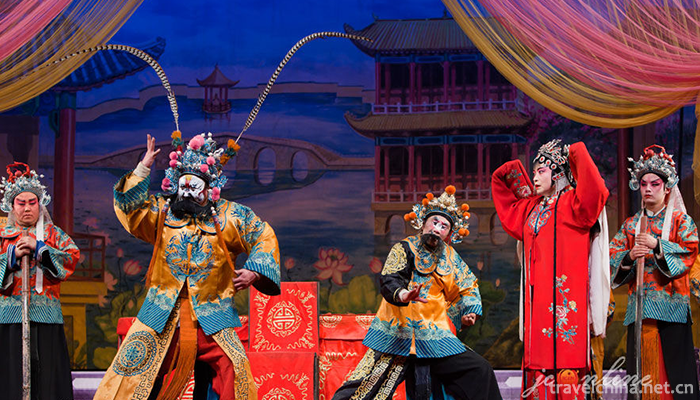
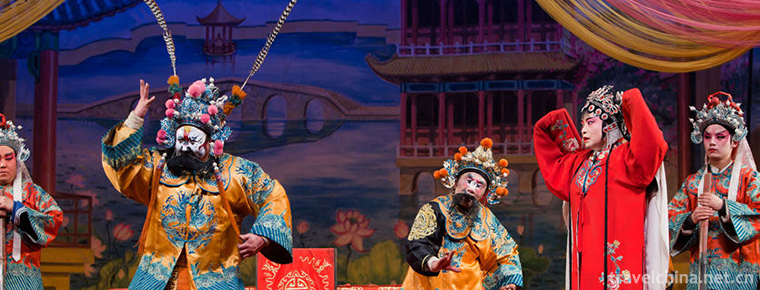
Shangdang Laozi
-
Houttuynia cordata Thunbherba houttuyniae
Houttuynia cordata Thunb. is a kind of herbal medicine collected in the Chinese Pharmacopoeia
Views: 280 Time 2018-10-12 -
Mount Wuyi
Wuyi Mountain, Wuyi Mountain is located at the junction of Jiangxi and northwest Fujian Province. The southeastern foot of Wuyi Mountain has a total area of 999.75 square kilometers. It is a famous sc
Views: 290 Time 2018-10-28 -
Crucian carp tofu soup
Carassius auratus tofu soup is a famous dish of the Han nationality. It belongs to Guangdong cuisine. It tastes salty and delicious. Carassius auratus has a very good milk-stimulating effect
Views: 1082 Time 2018-11-02 -
Yuelu Mountain and Orange Prefecture Tourist Area
Orange Island Scenic Area is located in the heart of the Xiangjiang River opposite Changsha City, Hunan Province. It is the largest famous island in the Xiangjiang River with an area of 91.4 hectares
Views: 220 Time 2018-12-12 -
Jia Jia Quan
Amaranth, also known as Amaranth, Amaranth hammer, one of the traditional Chinese boxing. It was founded by Mr. Junai Zhou (1724-1783) in Heshui County, Zhengzhou, in the reign of Qianlong in the Qing
Views: 246 Time 2019-04-16 -
Ewenke to seize the pivot
Pivot-snatching is a traditional competitive event of Ewenki nationality. It was performed by the representative team of Inner Mongolia Autonomous Region in the 6th National Minority Traditional Sport
Views: 156 Time 2019-04-28 -
Legend of Qu Yuan
The legend of Quyuan is one of the local folklores in Zigui County, Hubei Province. The people of Zigui created and inherited folk literature with lyric and expressive expression by linking Quyuan wit
Views: 108 Time 2019-06-11 -
Anhui Agricultural University
Anhui Agriculture University is located in Hefei, capital of Anhui province. Center Urban area Key universities in Anhui By Ministry of agriculture and rural People's Republic of China State Forestry
Views: 227 Time 2019-10-10 -
Yibin scenic spot
South Sichuan Bamboo Sea is a national AAAA tourist attraction, covering an area of 120 square kilometers and a core scenic area of 44 square kilometers. There are eight main scenic areas, two major scenic spots and 134 scenic spots. In 2009, it was se
Views: 373 Time 2020-12-18 -
Dazhou Education
In 2019, there are 1455 schools of all kinds in Dazhou. Among them, there are 283 primary schools, 397 ordinary middle schools, 2 ordinary colleges and universities, 33 secondary vocational education schools and 1 adult higher school. There are
Views: 218 Time 2020-12-20
